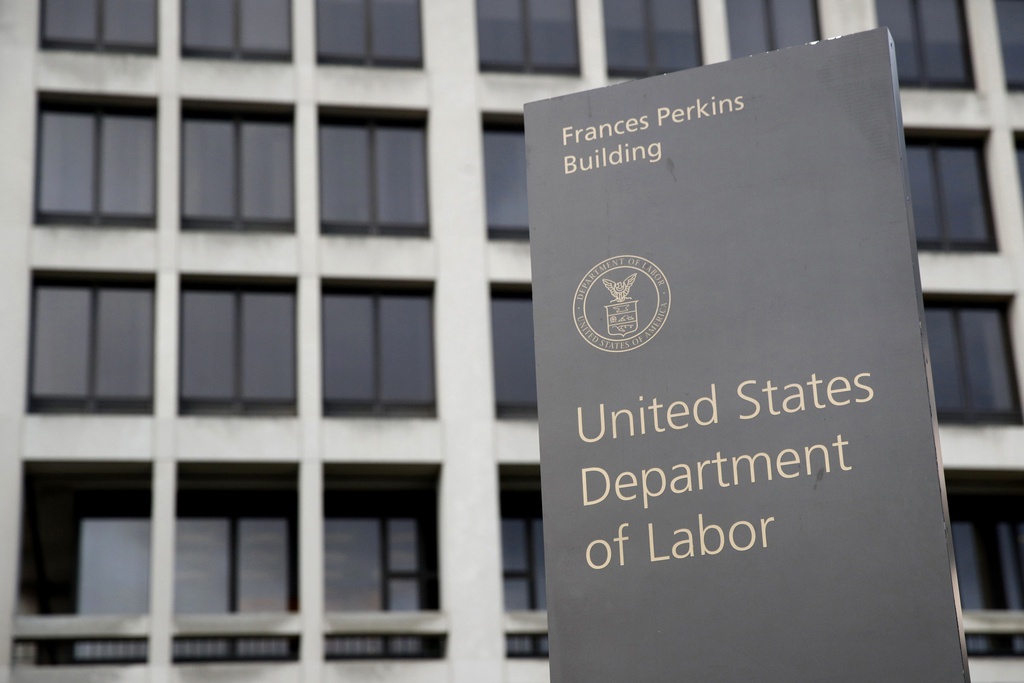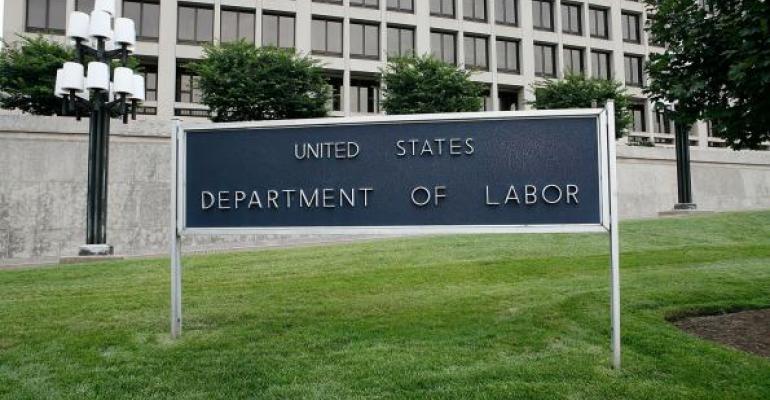Spotlight
Finance
Technology
Looking for Tuesday’s Wordle hints, clues and answer? You can find them here: It’s Thursday…
Join our mailing list
Get the latest finance, business, and tech news and updates directly to your inbox.
Top Stories
If you use a financial advisor to help you with your retirement savings, that advisor…
A Washington man has been arrested and charged with vehicular homicide after a Tesla in…
FAIRFIELD, N.J., April 24, 2024 /PRNewswire/ — Forbes has recognized seven Bleakley Financial Group advisors among…
The Food Safety and Inspection Service (FSIS) is warning that some ground beef products may be tainted…
A US appeals court revived a lawsuit accusing Whole Foods of illegally firing a worker…
Following yesterday’s release of the final version of the Department of Labor’s new fiduciary rule,…
Mark Zuckerberg received the lowest salary of all of Meta’s staff in 2023, with his…
Best in Wealth Management | Leading from the frontNEW YORK, NY / ACCESSWIRE / April…
Looking for Wednesday’s Quordle hints and answers? You can find them here: Hey, folks! Hints…
Meta Platforms on Wednesday forecast that second-quarter revenue could come in below market expectations, signaling a possible…
A pivotal moment in the social media world unfolded Wednesday as President Biden signed a…
The Securities and Exchange Commission’s updated marketing rules for financial advisors, which went into effect…









































